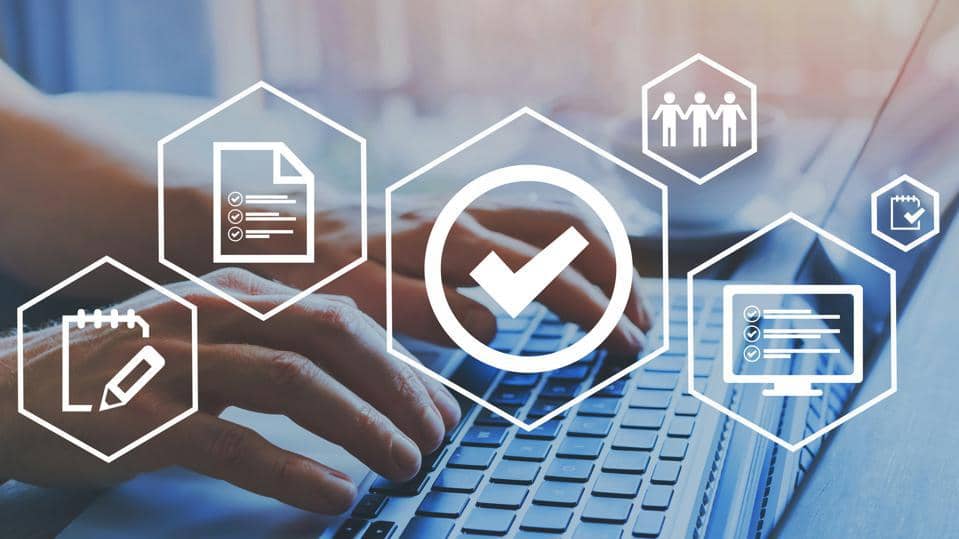The Limited Liability Company (LLC) has a legal status that is separate from that of its partners, and the partners’ financial assets are separate from the company’s financial liabilities, according to the UAE Companies Law, which states that a partner’s liability in an LLC should not exceed the amount of his or her share of the capital of the company. No enforcement of the partner’s private property is also permitted to pay off the debt of the LLC.
The Law does, however, provide for exceptions, such as when a partner uses the LLC’s assets being separate from partner liability as a defense for violating the company’s Memorandum of Association (MoA) and potentially harming the other partners or creditors of the LLC.
When a partner’s conduct is shown to be detrimental to the business or its other partners and involves dishonesty, fraud, or egregious mistakes, the partner shall bear full responsibility for these activities in his individual capacity. His private property is covered by his liability in certain situations.
The Dubai Cassation Court’s decisions in Appeal No. 75/Commercial of 2008, handed down during the Session on January 1, 2009, proved this.
Here is a thorough analysis of the decision that was made:
It is decided in the adjudication of this court, in accordance with the requirement of the Companies Law, that the partner in the LLC is accountable for the company’s debts only in the amount of his share in its capital.
However, as an exception to this rule, the determination of the responsibility of a partner in an LLC in the amount of his share in the capital shall not be relied upon when the partner utilizes the principle of the independence of the LLC’s assets from the liability of partners therein as a cover for his actions in contravention of the company’s Memorandum of Association, which may cause harm to his partners or creditors if they involve deceit, fraud or gross errors.
In such instances, the principle of the partner’s responsibility within the limit of his share in the capital shall not be relied upon. Instead, he will be liable in his personal capacity for these acts and this liability will extend to his private property.
It was established from the report of the expert appointed in the lawsuit, which the appellants have not disputed, that the net profits of the appellants’ company during the years from 2003 to 2006 were Dh13.8 million.
The company’s balance sheet as of [date redacted] showed that its most important asset was the inventory, valued at about Dh6 million, and it had no effect nor existence in the company.
The amount of the obligations incumbent upon the company accounted for Dh1 million.
So, the expert’s conclusion clearly reveals the gross error perpetrated by the manager of [Company name redacted], in which the partners in the company are apparent.
It was a deliberate error intended to harm the company’s creditors among whom is the appellee.
The error was to conceal the company’s property, whether the profits it achieved or the assets it owns, which represent creditors’ guarantee, without being stated in the company’s books, documents, balance sheet, and the General Assemblies.
This suggests that the company’s manager and its partners are breaking the Companies Law’s requirements in accordance with the aforementioned Articles.
Based on the expert’s advice in his report, this ruling established the appellant’s [partner’s] liability for the company’s debt in person and in their private property.
